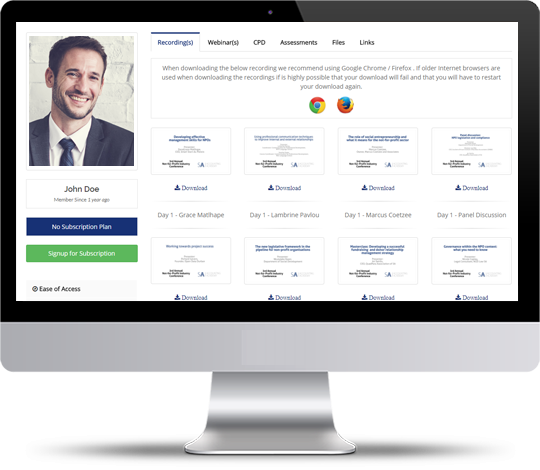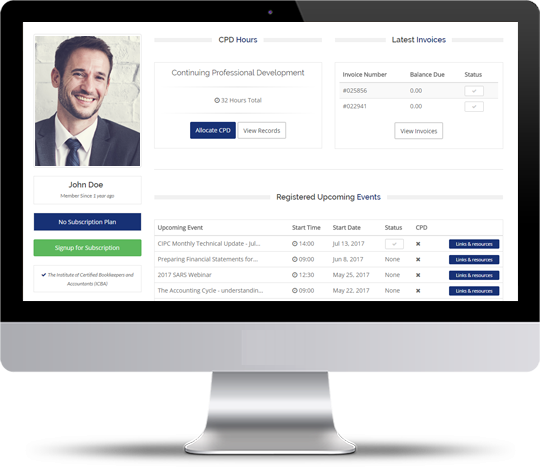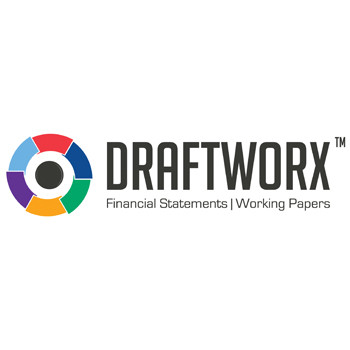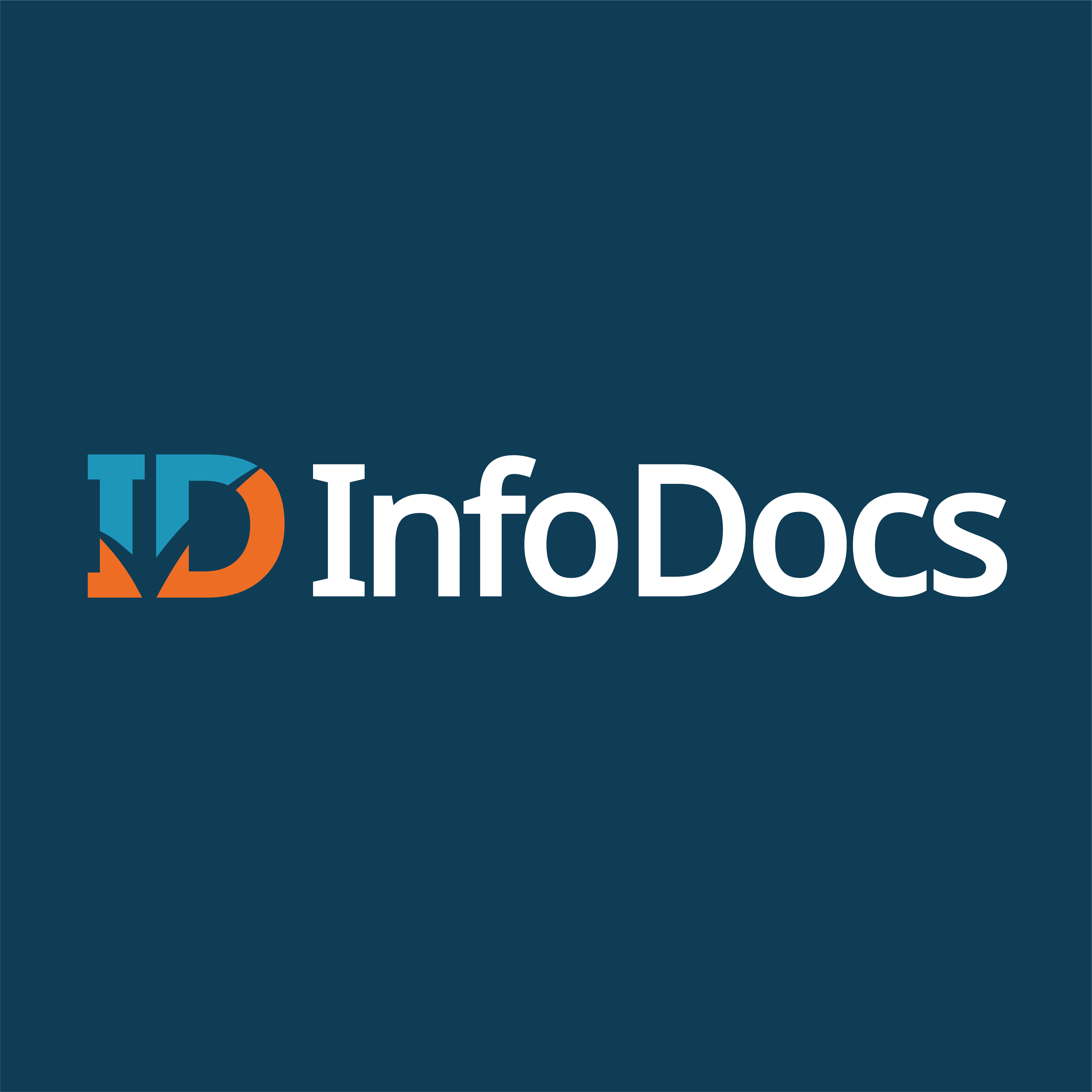Our Content
Upcoming Live Webinars
Apr
23
Monthly Compliance and Legislation Update - April 2024
Presenter Caryn Maitland CA(SA)
Apr
24
Cost and Management Accounting (Core Concepts and Techniques)
Presenter Constance Kawelenga CA(SA)
Apr
25
Accountants' Discussion Forum: Navigating the Complexities of Trust Administration: Strategies for Tax Efficiency and Legal Compliance
Presenters Caryn Maitland CA(SA) , Carmen Westermeyer CA(SA) ,
Apr
26
Accounting for Farming
Presenter Caryn Maitland CA(SA)
Apr
29
Unlocking the future: Exploring diverse accounting and auditing learnerships in South Africa
Presenter Annelien Feldtmann
Resources On Demand
Quality and Ethical Standards in Audits
Presenter Lettie Janse van Vuuren CA(SA)
Effective Time Management
Presenter Annelien Feldtmann
How to prepare for a SAICA Visit
Presenter Annelien Feldtmann
2024 SAICA Training Regulations
Presenter Annelien Feldtmann
Popular Courses
Discover the Trainee Accountant Bootcamp by Accounting Academy. An online course covering soft / life skills, professional development, and technical competencies in accounting. No prerequisites required. Enroll now!

Delve into the realm of financial statement compilation with our Professional Certificate course. Master IFRS for SMEs, ISRS 4410, and the IESBA Code. Enhance your proficiency with hands-on Draftworx tutorials and comprehensive modules. Join SA Accounting Academy for unparalleled expertise.

Ethics are a fundamental element to every professional accountant's daily practice. Accountants are constantly challenged to reflect on the issues and matters they face and always ensure that their moral compass is calibrated and fine-tuned.

Qualifications
Unlock the world of accounting with our NQF Level 5 certification. Ideal for those looking to study accounting and bookkeeping. Enroll with SA Accounting Academy today!

Get into the world of accounting with our NQF Level 6 Diploma. Perfect for those looking to become an accountant or bookkeeper. Enroll today with SA Accounting Academy!
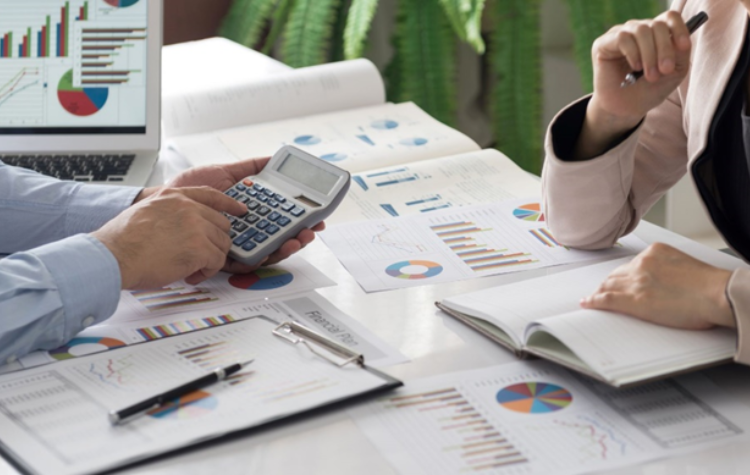
National Certificate: Bookkeeping (NQF 3) course is designed for individuals who wish to begin their journey as a Bookkeeper. Gain practical skills and a solid foundation in bookkeeping with this ICB-accredited qualification.

News
15 Apr 2024
CIPC: Preparation and approval of AFS
11 Apr 2024
CIPC: Customer verification update
10 Apr 2024
Latest FAQs on GRAP
Helpful Technical FAQs
Relevant Legislation
Auditing Profession Act, 2005 (Act No. 26 of 2005)
Close Corporations Act, 1984 (Act No. 69 of 1984)
Companies Act, 2008 (Act No. 71 of 2008)
Income Tax Act, 1962 (Act No. 58 of 1962)
Tax Administration Act, 2011 (Act No. 28 of 2011)
Value-Added Tax Act, 1991 (Act No. 89 of 1991)
Skills Development Act, 1998 (Act No. 97 of 1998)
Labour Relations Act, 1995 (Act No. 66 of 1995)
Broad-Based Black Economic Empowerment Act, 2003 (Act No. 53 of 2003)
Employment Equity Act, 1998 (Act No. 55 of 1998)
Basic Conditions of Employment Act, 1997 (Act No. 75 of 1997)
Compensation for Occupational Injuries and Diseases Act, 1993 (Act No. 130 of 1993)
CPD Subscription Plans
Individual Subscription Plans
Are you looking to upskill yourself and develop your accounting knowledge and skills? These subscription plans give you access to professional and technical content, so you remain professionally competent. From R 250.00 per month.
Practice Subscription Plans
Are you looking to upskill your staff and develop their accounting knowledge and skills? This subscription plan gives you and your employees access to professional and technical content, so your business remains relevant and professionally competent. From R 139.00 per user per month (for three or more user).
Our Accreditations
What our clients have to say
G.K. (SA Accounting Academy Subscriber) |
M.W. (SA Accounting Academy Subscriber) |
T.S. (SA Accounting Academy Subscriber) |
N.C. (SA Accounting Academy Subscriber) |
















